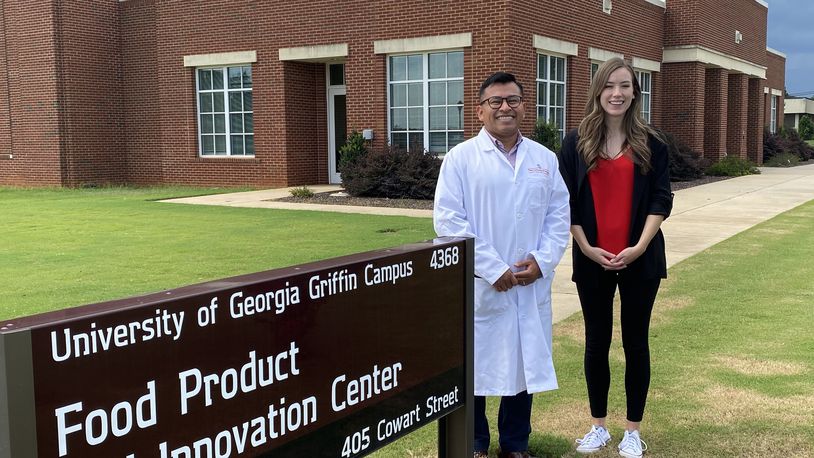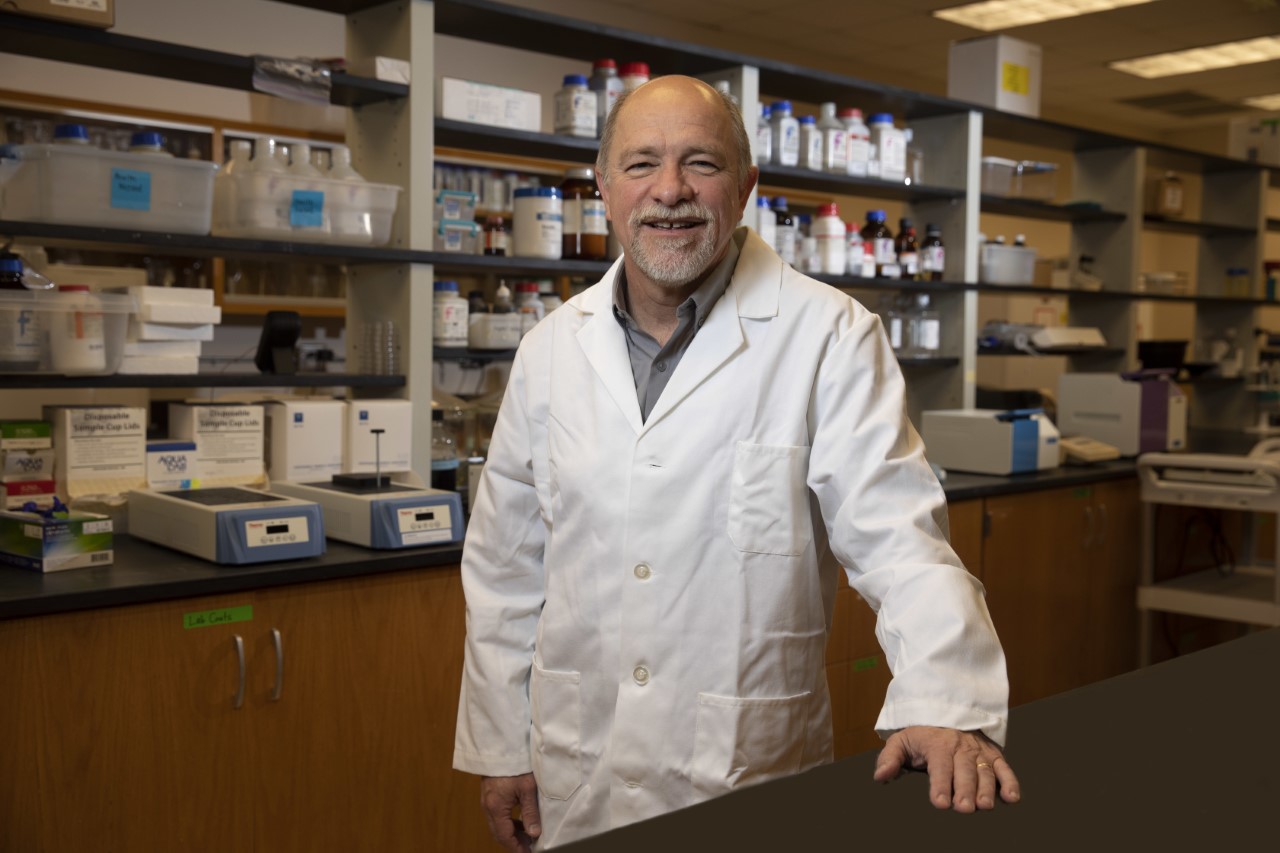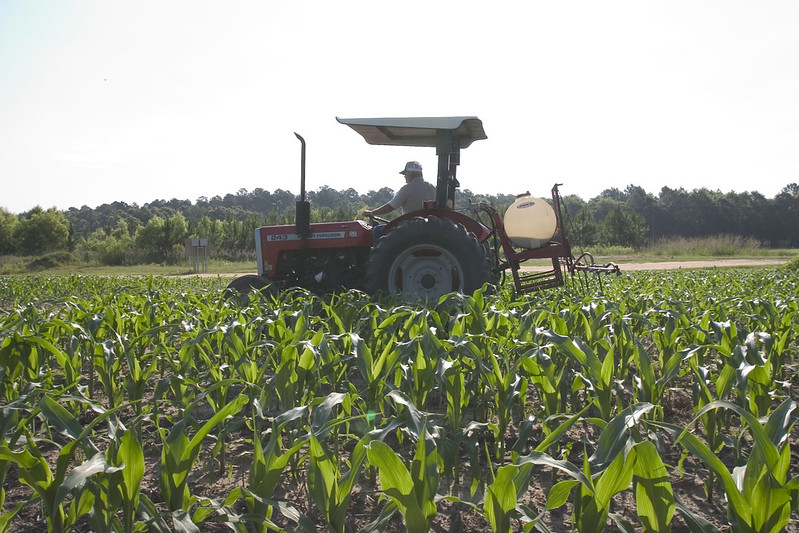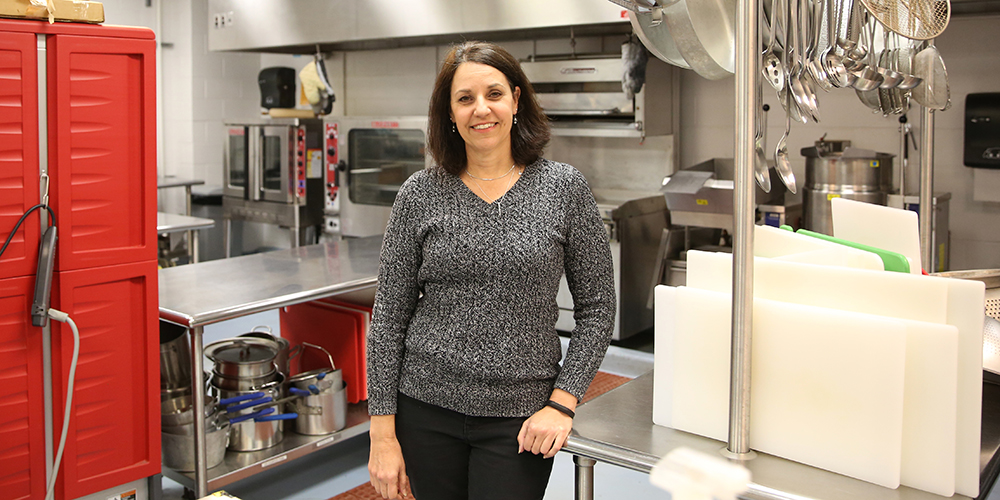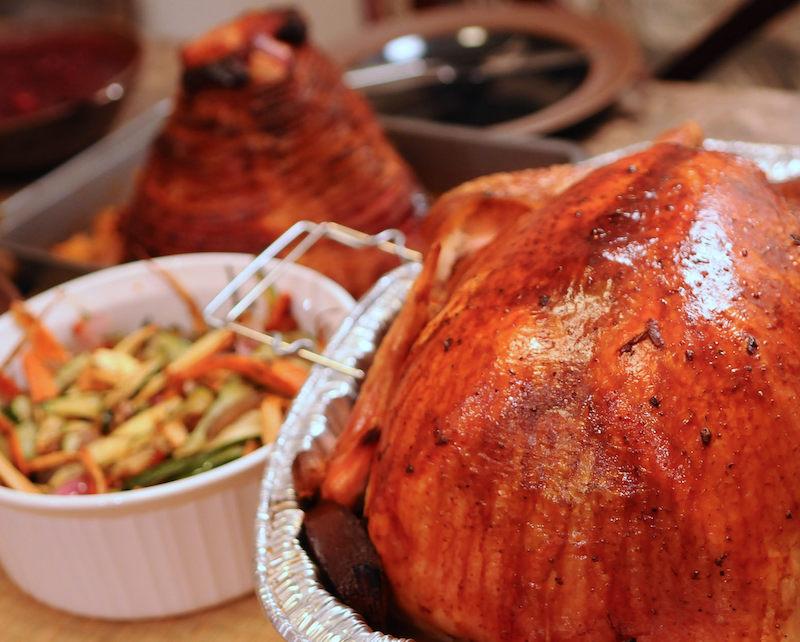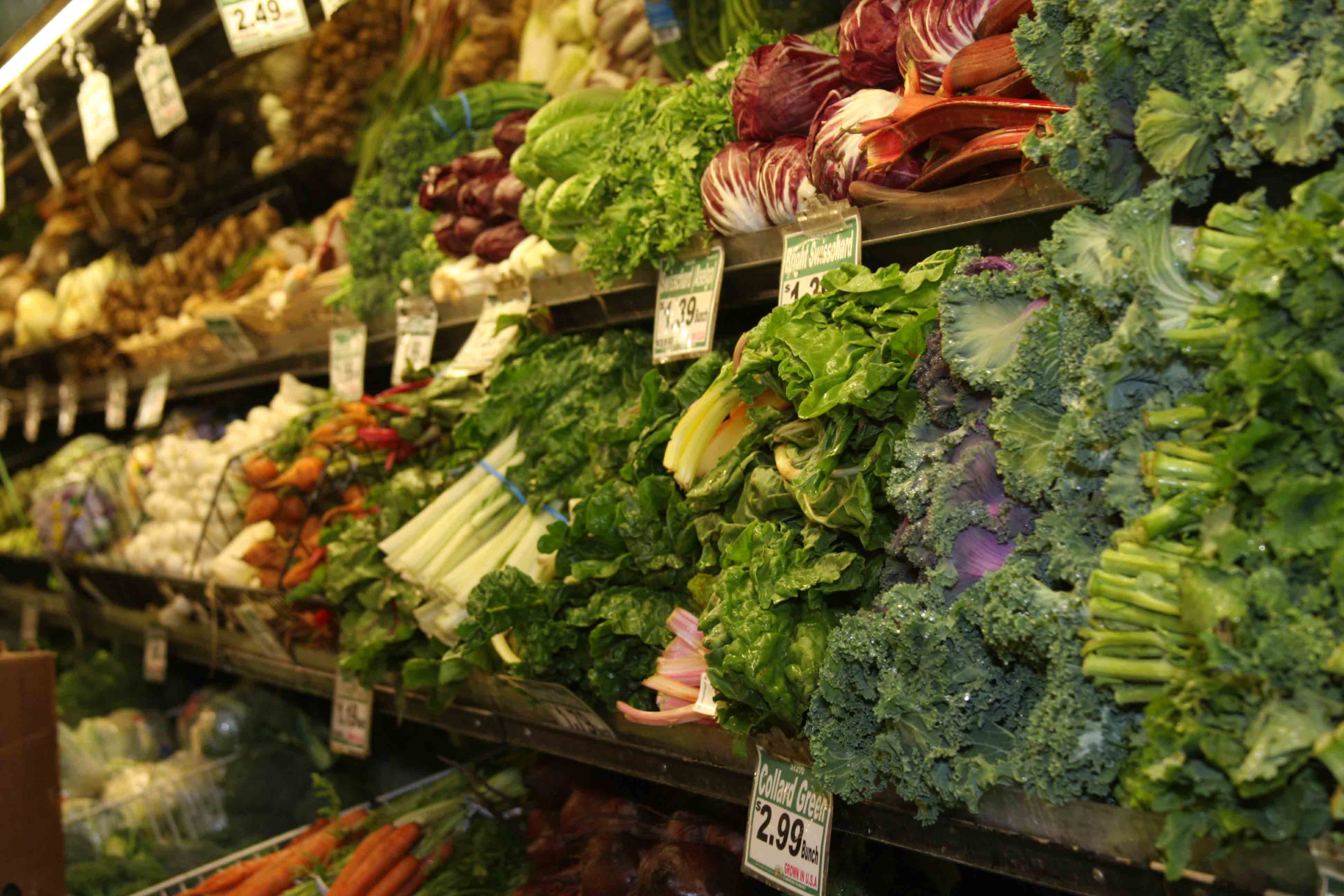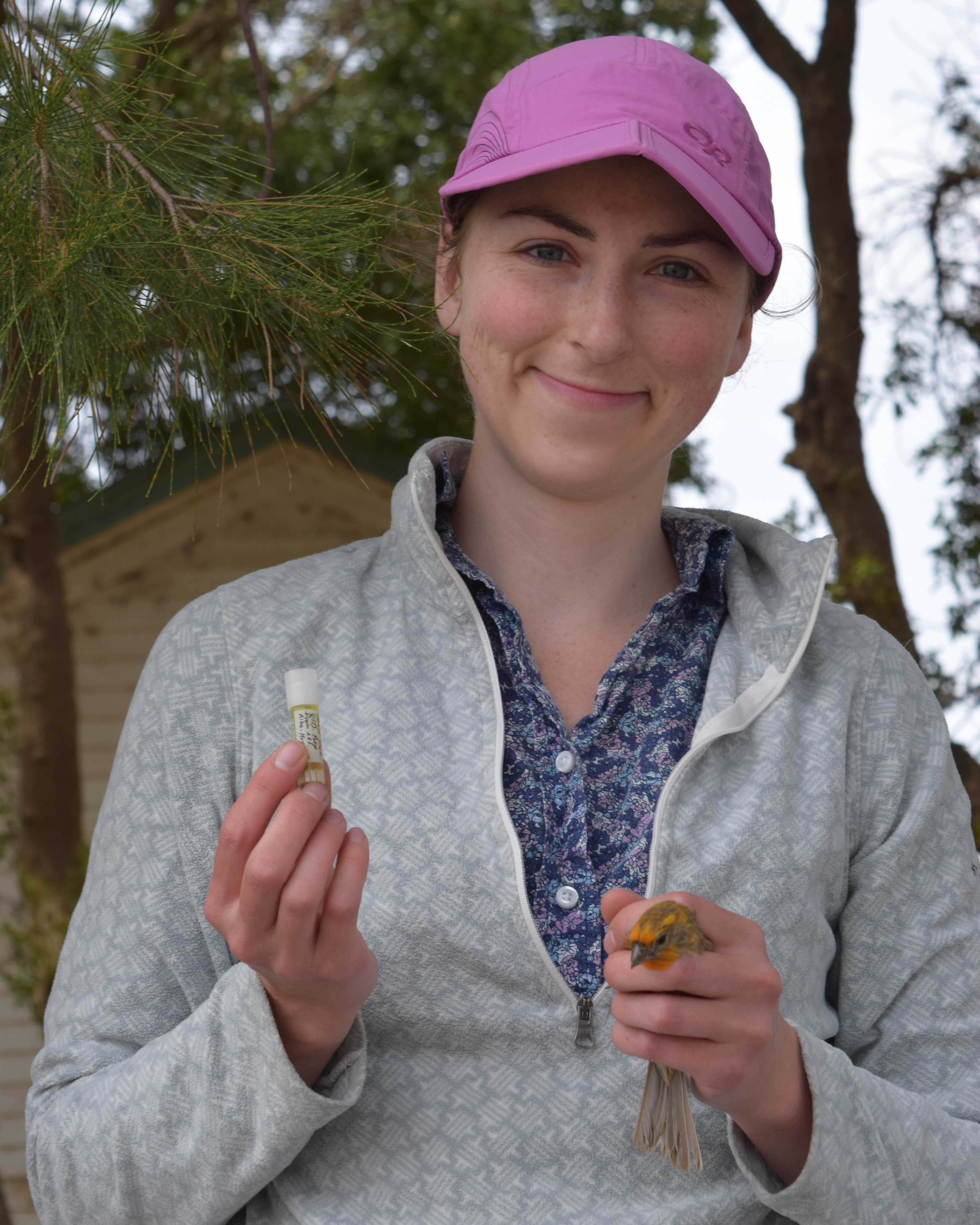 CAES News
CAES News
Food Preservation Lead
Carla Schwan has been hired as an assistant professor and University of Georgia Cooperative Extension specialist in food safety and home food preservation in UGA’s College of Family and Consumer Sciences. She is slated to get started January 2022.

